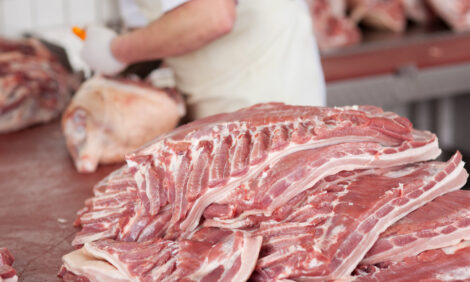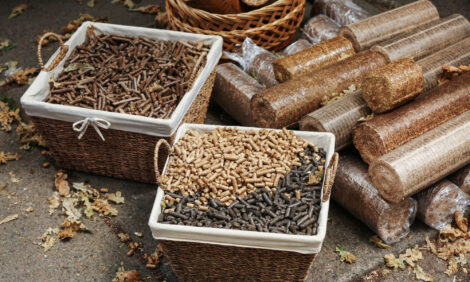



Irish Call for Ban on Brazilian Beef
IRELAND - Irish farmers have again attacked the standards of Brazilian beef being exported to the EU.Irish Farmers Association President Padraig Walshe said the latest EU commission Food and Veterinary Office Report proves once again that beef production in Brazil flies in the face of EU standards, with half of the holdings inspected failing to meet EU requirements on the important issues of registration, traceability and movement controls.
In addition he said unapproved beef from Brazil entering the EU poses a serious and unacceptable risk in terms of Foot and Mouth Disease to the European Union.
Mr Walshe said with the FVO confirmation that the system in Brazil of verifying farms for export to Europe has effectively failed, the EU Commissioner for Health and Consumer Affairs Androulla Vassiliou must bring an immediate halt to the process that has cleared over 1,200 Brazilian farms to date.
He said: "It is now clear and well established from several FVO reports that the Brazilian authorities are not capable or prepared to take the necessary steps to meet EU standards. The EU Commission is left with no choice but to re-impose a ban on Brazilian beef imports."
The IFA President added: "This latest report had once again vindicated the findings of the IFA/Farmers Journal investigation in Brazil in 2007, which found non existent cattle traceability, widespread illegal removal and cutting out of tags, totally inadequate movement and FMD controls and the use of hormone growth promoters."
Mr Walshe said the facts of the FVO report are that 50 per cent of the EU approved farms inspected failed to comply with EU standards. Out of 12 farms inspected, six were found to be non-compliant. On three of the farms inspected the EU uncovered fraudulent practices regarding tagging, movement controls and traceability.
On one farm, a department official stamped and signed a movement notification back-dated by seven months. On another farm 50 animals were tagged and placed on the database fourteen months after they were born. On another holding, during the approval inspection, a department official accepted 22 animals which had been re-identified following the loss of their original ear-tags.
The FVO report highlighted more significant problems on a further three farms.
In the first holding, a department official failed to take account of 1,264 animals already present on the feed-lot. On two more holdings, the EU raised serious issues regarding conflict of interest with department officials also acting as Veterinary surgeons on the farms and in one case the official owning some of the animals on the holding.
Again failures regarding movement controls and traceability were detected. Eleven unidentified cattle had been included in a consignment that was sent to an EU approved slaughter house.
The IFA President said the FVO inspection also identified serious deficiencies regarding certification and particularly in relation to fresh bovine meat consignments introduced into the territory of the EU for transit to third countries.
More than 20 consignments were sent from Brazil and introduced into the territory of the EU for transit to third countries without issuing transit certificates.
He said the meat in these consignments had not undergone maturation and fifty percent of the animals that made up the consignments came from areas not approved for export to the EU.
Mr Walshe said this unapproved beef entering the EU posed a serious risk in terms of Foot and Mouth Disease in the European Union.
The IFA President said with their ongoing failure and refusal to meet EU standards, Brazil is treating the EU Commission with contempt.
He said the EU has given Brazil every opportunity to comply. It is now time to call a halt and the EU Commission are left with no choice but to impose a ban on beef from Brazil as it fails to meet EU standards.
Mr Walshe said the EU Commission cannot have it both ways and persist with a policy of double standards. He said Brazil either meets the standards or not.
"The facts are Brazil fails to meet EU standards and should be banned."
TheCattleSite News Desk


